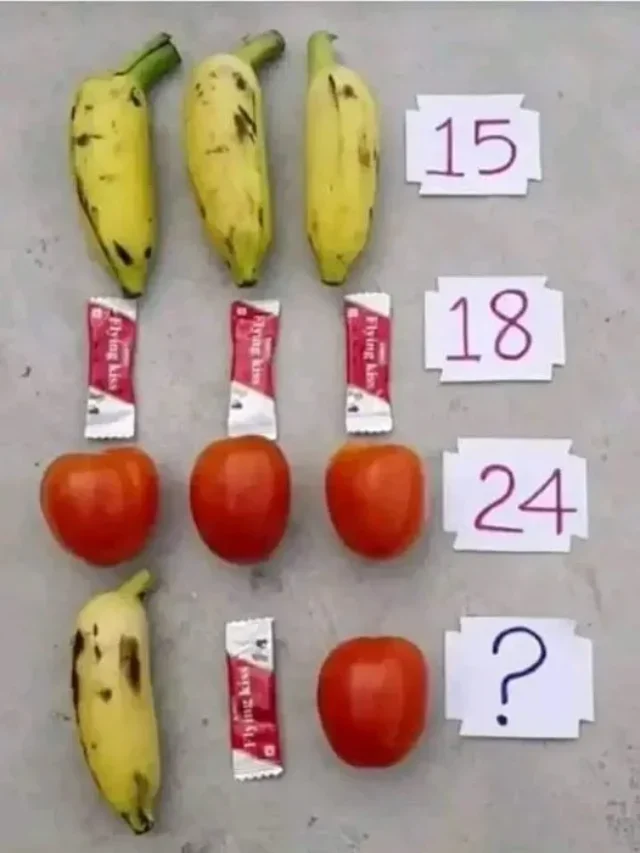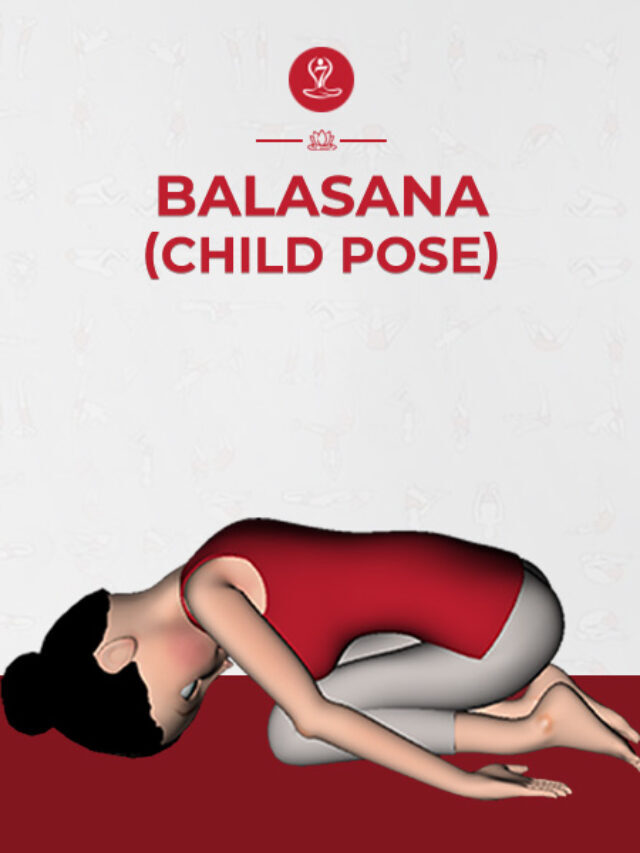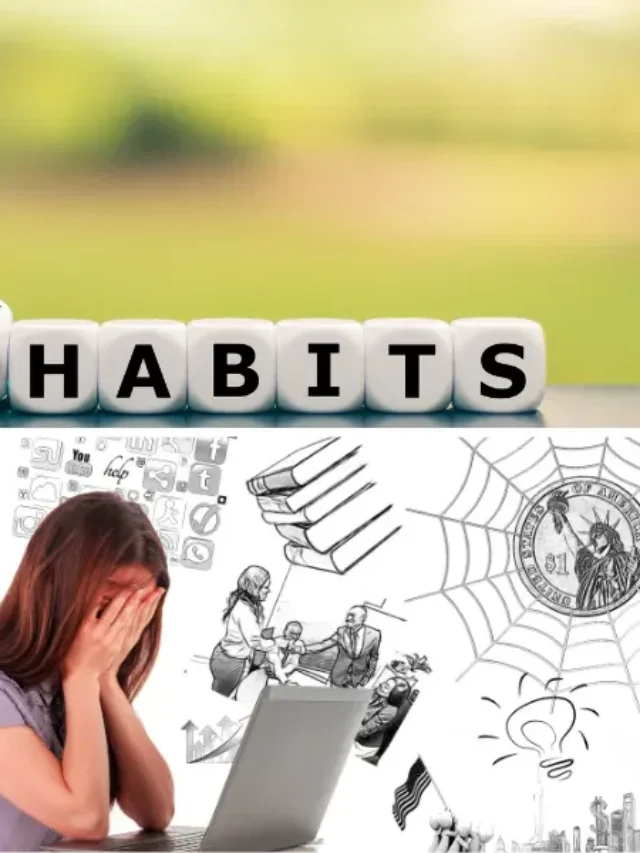Developing good habits in kids is an important part of helping them to grow up healthy and happy. Here are some tips that can help you to encourage good habits in your kids:
Lead by example
Children learn by observing the behavior of the adults around them. So, it is important to model good habits yourself, such as eating healthy, exercising regularly, and practicing good hygiene.
Leading by example is an effective way to encourage good habits in kids because children learn primarily by observing and imitating the behavior of the adults around them. When parents and caregivers model healthy habits, kids are more likely to adopt those same behaviors.
Here are some ways in which leading by example can help kids develop good habits:
Reinforces the importance of healthy habits: When children see their parents consistently practicing healthy habits such as eating well, exercising regularly, and getting enough sleep, they begin to understand the importance of these habits for their own health and well-being.
Increases motivation: Children are more likely to be motivated to develop good habits when they see the positive impact that those habits have on their parents. For example, if a child sees their parent taking up jogging and feeling happier and more energized as a result, they may be motivated to start exercising themselves.
Teaches self-regulation: Modeling good habits can also help kids learn self-regulation and self-control. For example, if a parent models how to manage stress by practicing meditation or deep breathing, their child may be more likely to use these same techniques when they feel anxious or overwhelmed.
That is why, leading by example is a powerful way to help kids develop good habits. By practicing healthy habits yourself, you can create a positive influence on your child’s behavior and inspire them to adopt healthy habits that will benefit them throughout their lives.
Make it fun
Make good habits fun for your kids. For example, you can turn exercise into a game, or make healthy meals together as a family. Making good habits fun for kids is all about finding creative ways to make healthy behaviors enjoyable.
Here are some ideas on how you can make good habits fun for your kids:
Turn healthy meals into a game: Encourage your child to help you plan and prepare healthy meals. Make it fun by creating a game out of choosing different ingredients or trying new recipes. You can also involve your child in grocery shopping and let them pick out their own healthy snacks.
Create an active routine: Regular exercise is important for kids, but it doesn’t have to be boring. Turn exercise into a game by setting up obstacle courses or creating a dance party in your living room. You can also try fun activities like biking, swimming, or hiking as a family.
Create a healthy competition: Create a friendly competition among family members to see who can establish a healthy habit first or who can stick to it for the longest time. This can be a fun way to encourage everyone in the family to adopt healthy behaviors.
Remember, making good habits fun for your kids is all about being creative and finding ways to engage your child in healthy behaviors. By making healthy behaviors enjoyable, you can help your child build good habits that will benefit them for a lifetime.
Create a routine
Routines can help to establish good habits in kids. Set regular times for meals, bedtime, and other activities, and make sure your kids stick to them. This is an effective way to build good habits in kids because it helps establish consistency and structure in their daily lives. When kids have a routine, they know what to expect and can anticipate what is coming next.
Here are some ways in which creating a routine can help build good habits in kids:
Establishes consistency: A routine creates a consistent structure in a child’s day, making it easier for them to establish healthy habits. For example, having a set time for homework or reading can make it easier for kids to build a daily habit of learning and studying.
Provides structure: A routine provides structure and organization in a child’s life. This can help them develop a sense of responsibility and discipline, which can lead to good habits like being on time and completing tasks on schedule.
Encourages self-discipline: A routine helps children develop self-discipline by teaching them to prioritize and manage their time effectively. This can lead to good habits like planning ahead and being responsible for their own actions.
So, creating a routine can be a powerful tool for building good habits in kids. By establishing consistency and structure in their daily lives, parents can help their children develop a sense of responsibility and discipline, which can lead to healthy habits that last a lifetime.
Reward good behavior
Encourage good habits by rewarding your kids for their efforts. Praise them for their good behavior, and offer small rewards, such as stickers or a special treat, to motivate them. Rewarding good behavior is a powerful way to encourage kids to develop good habits.
Here are some ways in which rewarding good behavior can help kids build good habits:
- Reinforces positive behavior: When a child receives a reward for good behavior, it reinforces the positive behavior and increases the likelihood that they will repeat it. This can help build good habits over time.
- Motivates children: Rewards can be a powerful motivator for children. Knowing that they will receive a reward for good behavior can encourage children to strive for that behavior and establish good habits.
- Increases self-esteem: Receiving a reward for good behavior can increase a child’s self-esteem and confidence, which can motivate them to continue engaging in positive behaviors.
When rewarding good behavior, it’s important to be consistent and to make sure that the reward is appropriate for the behavior. Rewards can be anything from praise and recognition to small treats or privileges. Over time, as the habit becomes established, the reward can be phased out and the behavior can become its own reward.
Set achievable goals
Help your kids to set achievable goals, such as brushing their teeth twice a day, and celebrate their progress as they work towards them. Setting achievable goals is a key strategy for building good habits in kids. When children set achievable goals, they have a clear target to aim for and can feel a sense of accomplishment when they reach their goal.
Here are some ways in which setting achievable goals can help build good habits in kids:
- Encourages focus: Goals help children focus on specific behaviors or actions they want to achieve. This can help them prioritize and concentrate on building good habits.
- Builds self-confidence: Achieving goals can build self-confidence and help children see that they have the ability to succeed. This can motivate them to continue building good habits and setting new goals.
- Provides a sense of accomplishment: When children achieve their goals, they feel a sense of accomplishment and pride. This can encourage them to continue building good habits and working towards new goals.
When setting achievable goals for children, it’s important to make sure the goals are realistic and appropriate for their age and abilities. Break down larger goals into smaller, more manageable steps, and provide support and encouragement along the way. Celebrate small successes and use setbacks as opportunities to learn and adjust the goals as needed. With consistent effort and the right support, setting achievable goals can help children establish good habits that last a lifetime.
Remember, developing good habits takes time and effort. Be patient and consistent, and your kids will be more likely to develop healthy habits that will serve them well throughout their lives.










